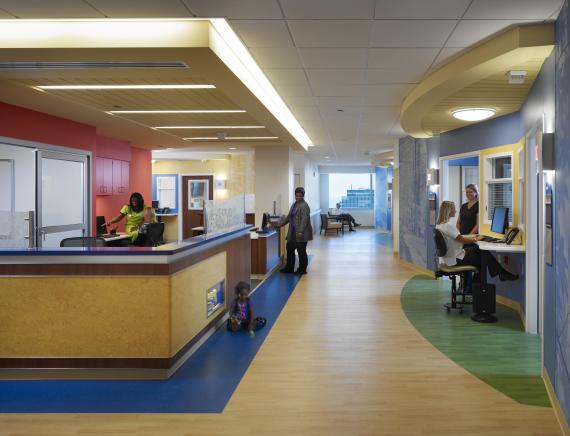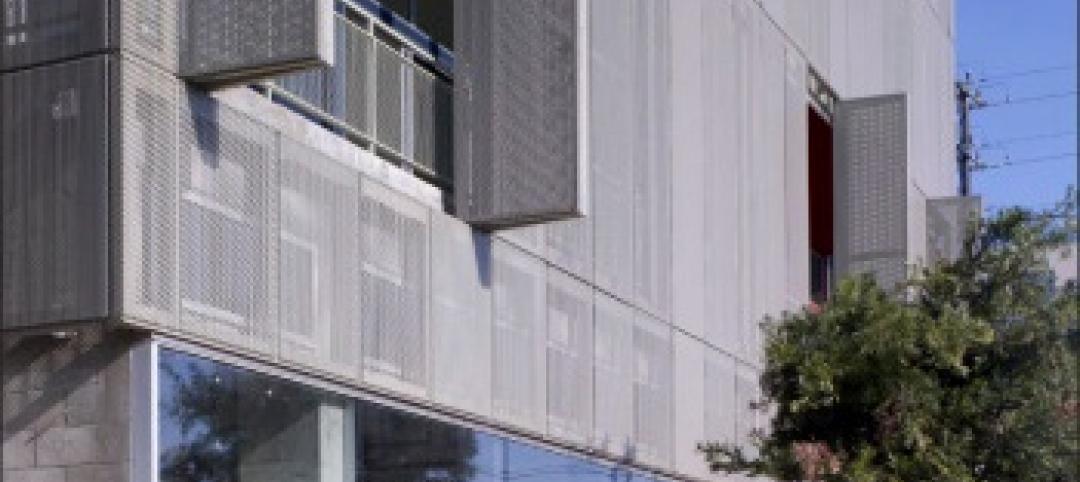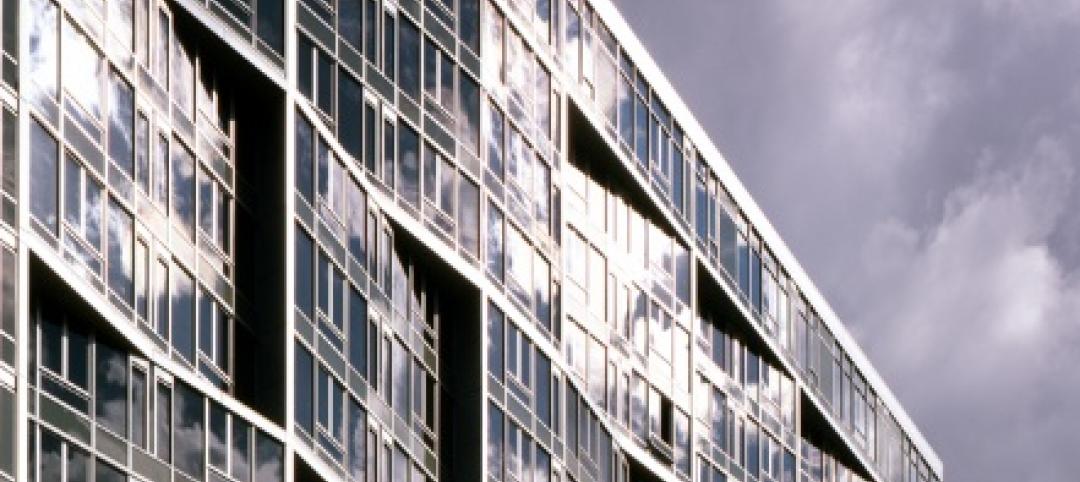Nine out of 10 healthcare providers say the Affordable Care Act (ACA) will be a “step forward” in addressing long-term health issues in the United States once it is fully established, and 83 percent say it is good for Americans, according to a survey of more than 190 healthcare leaders by Mortenson Construction.
The providers did not make an unqualified endorsement of the ACA, however. A full 86 percent say the ACA needs major changes or revisions.
Providers are excited about opportunities to improve while worried about the transition under way. Nearly four out of five, or 79 percent, say health reform is creating significant uncertainty for their organizations and the healthcare industry.
Tellingly, 74 percent predict it will challenge their organization’s financial condition with 72 percent saying it already has.
Other insights:
• Overall optimism about the future of U.S. healthcare among healthcare providers dropped from 85 percent optimistic in 2012 to 60 percent optimistic in 2013
• Four out of five say the ACA will successfully shift reimbursements to pay for the quality of outcomes
• 71 percent say it will improve quality and outcomes, and 65 percent say it will lower the cost of care
• 95 percent of healthcare providers believe specialized facilities, such as MRI centers, cancer centers and urgent care centers will grow in prominence in the next three years
“The healthcare market is in the process of adapting to a new normal,” said Bob Nartonis, Senior Vice President and National Healthcare Market Leader at Mortenson. “Many institutions are rethinking their basic assumptions regarding how they should operate going forward, understanding that there are new rewards for those who can successfully adapt and unwanted consequences for those who cannot.”
To understand the impact of the Affordable Care Act on healthcare providers and their facilities, Mortenson spoke to healthcare professionals at the Healthcare Design Conference in November to better understand these issues and the impact on design and construction trends. More than 190 professionals provided feedback, including healthcare administrators and facilities leaders, architects, and academics.
The new models for healthcare delivery and payment are requiring new approaches to healthcare facilities. With the pressing need to become more efficient and cut costs, they are emphasizing more flexibility in facility design and layouts that make it easier for patients to find their way around and for multi-disciplinary teams to work together. They also are relying more heavily on innovative technologies and project delivery methods to streamline construction to improve success.
Mortenson is one of the leading healthcare contractors in the U.S. and has completed more than 18.5 million square feet of healthcare construction and renovations nationwide in the past 10 years.
Download a free copy of the 2014 Mortenson Construction Healthcare Industry Study.
Related Stories
| Apr 26, 2011
Video: Are China's ghost cities a bubble waiting to burst?
It's estimated that 10 new cities are being built in China every year, but many are virtually deserted. Retail space remains empty and hundreds of apartments are vacant, but the Chinese government is more concerned with maintaining economic growth—and building cities is one way of achieving that goal.
| Apr 25, 2011
Earn $300 million by NOT hiring Frank Gehry
An Iowa philanthropist and architecture aficionado—who wishes to remain anonymous—is offering a $300 million “reward” to any city anywhere in the world that’s brave enough to hire someone other than Frank Gehry to design its new art museum.
| Apr 20, 2011
Marketing firm Funtion: to host “Construct. Build. Evolve.”
Function:, an integrated marketing agency that specializes in reaching the architecture, building and design community, is hosting an interactive art event, “Construct. Build. Evolve.” in Atlanta’s Piedmont Park on Thursday April 21, 2011 at 11:00AM EDT. During the event attendees will be asked to answer the question, “how would you build the future?” to rouse dialogue and discover fresh ideas for the future of the built environment.
| Apr 20, 2011
Architecture Billings Index: new projects inquiry index up significantly from February
The American Institute of Architects (AIA) reported the March ABI score was 50.5, a negligible decrease from a reading of 50.6 the previous month. This score reflects a modest increase in demand for design services (any score above 50 indicates an increase in billings). The new projects inquiry index was 58.7, up significantly from a mark of 56.4 in February.
| Apr 19, 2011
What are the 15 most-watched construction and engineering stocks?
According to Motley Fool, a multimedia financial services company, the most-watched construction and engineering stock is Fluor (NYSE: FLR), which ranks #1 on BD+C’s Giants 300 engineering list with $1.994 billion in revenue in 2009. Check out the 14 other most-watched A/E stocks.
| Apr 19, 2011
AIA announces top 10 green Projects for 2011
The American Institute of Architects Committee on the Environment announced its Top 10 Green Projects for 2011. Among the winners: Cherokee Studios in Los Angeles, the Department of Energy's National Renewable Energy Laboratory in Golden, Colo., and the Vancouver Convention Centre West in Vancouver, British Columbia.
| Apr 18, 2011
Greening and Upgrading Today’s Vertical Transport Systems
Earn 1.0 AIA/CES HSW/SD learning units by studying this article and passing the online exam.
| Apr 14, 2011
U.S. embassies on a mission to green the world's buildings
The U.S. is putting greater emphasis on greening its worldwide portfolio of embassies. The U.S. State Department-affiliated League of Green Embassies already has 70 U.S. embassies undergoing efforts to reduce their environmental impact, and the organization plans to increase that number to more than 100 by the end of the year.
| Apr 14, 2011
How AEC Professionals Choose Windows and Doors
Window and door systems need to perform. Respondents to our annual window and door survey overwhelmingly reported that performance, weather resistance, durability, and quality were key reasons a particular window or door was specified.













